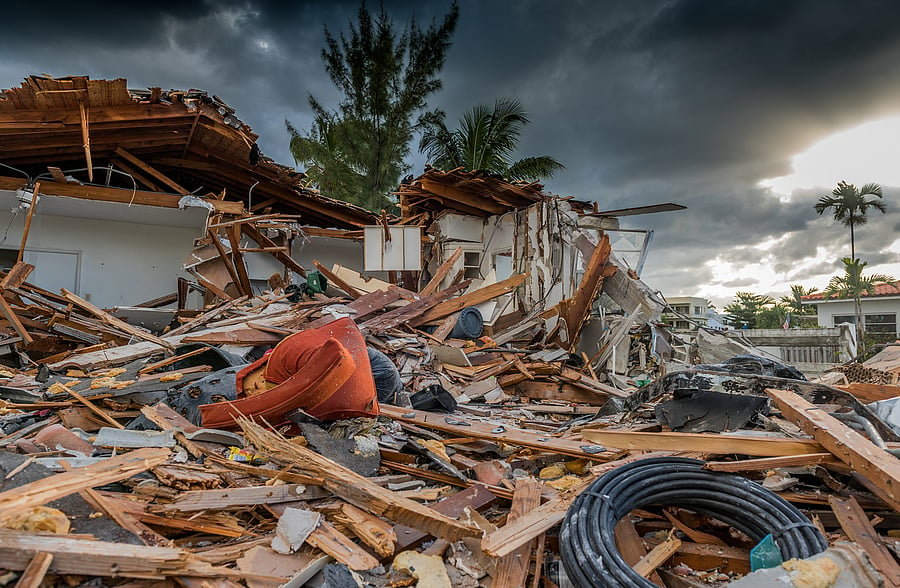
Nearly 12 years before the Himalayan Tsunami devastated the Kedarnath temple, scientists at the National Remote Sensing Agency, Hyderabad submitted a report to the Uttarakhand government waving red-flags.
While it suggested multiple interventions to reduce the damage in case of a natural calamity, the take-home message was clear — the area is too ecologically sensitive to meddle with.
But nobody paid any attention and illegal encroachments and constructions flourished at Rambara — a little-known hamlet below Kedarnath. Besides Kedarnath, this tiny village bore the brunt of nature’s fury on that fateful June night in 2013.
There were more than 150 shops, many illegal, and restaurants and 4 - 5 big hotels. But the survivors and their relatives say that the numbers, in reality, were far more as it was the most favoured resting place for the pilgrims once the 14 km trekking from Gaurikund started.
Also Read | Illicit tourism extracts its cost from nature
There were hundreds of people at Rambara when it was struck by the deluge. Most of those present there were caught unaware of the wave of death and destruction.
The government retrieved a few hundreds of bodies but more than 4,500 people still remain missing.
The number could actually be much more than the official count considering that owners of those illegal constructions at Rambara never came forward with information on the pilgrims fearing the law.

